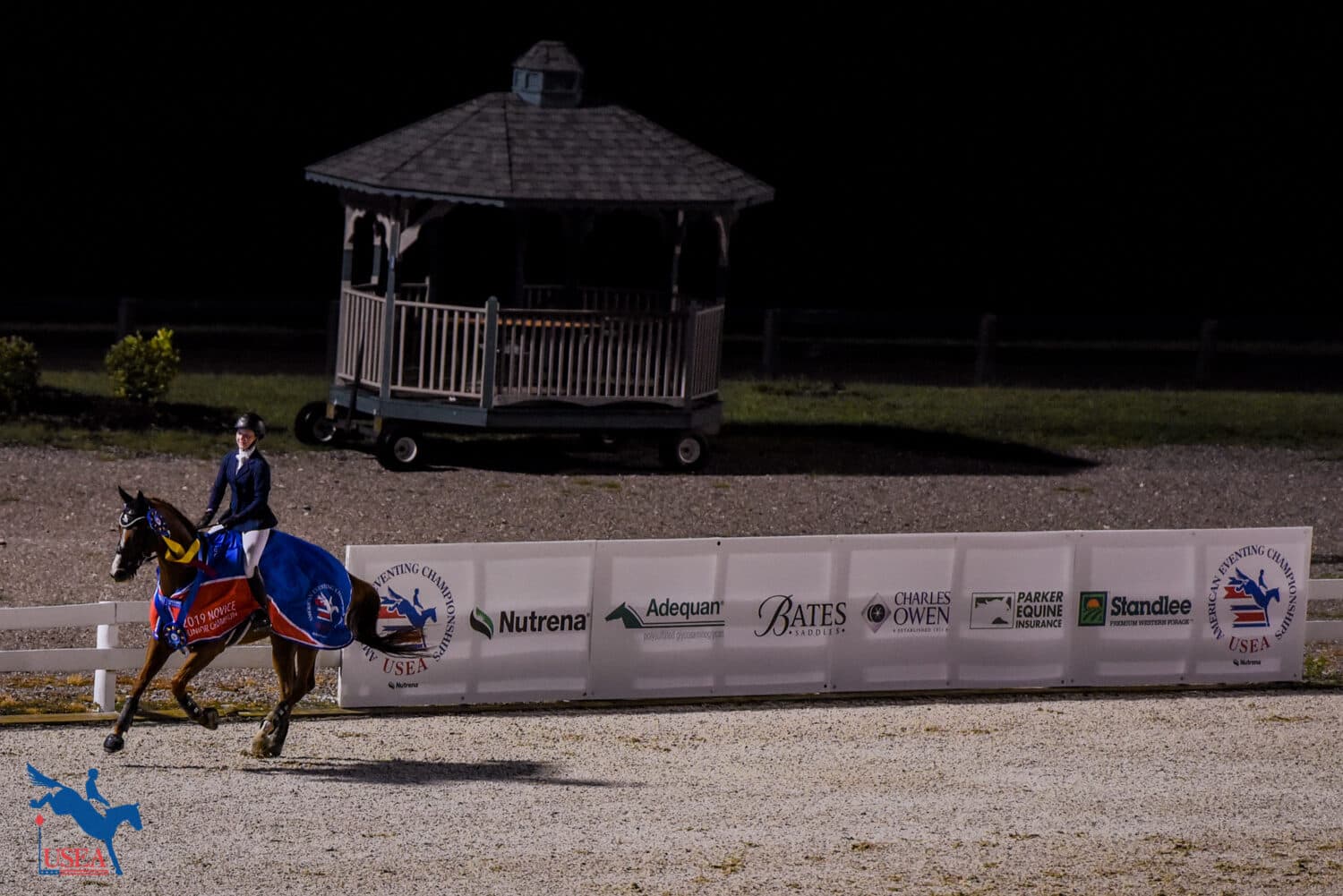Humanizing Horse Insurance

For many equestrians today, horse insurance is often viewed as a big, daunting, and scary topic. There are potential pitfalls and there is a lot of fine print to be addressed. The questions are many and the fine print is very fine. What type of coverage is needed? What are the right questions that should be asked before deciding on the right policy for you and your horse? The big question is, who is knowledgeable and can legitimately answer these questions? It can be an overwhelming topic, especially when it comes to the welfare of your beloved horse and especially when your hard-earned cash is on the line.
For a lot of us who ponder these questions, we look to our friends, colleagues, and fellow equestrians for advice in casual conversations. You know - barn talk. Is your horse insured? Who do you use for your horse’s insurance? Who is your broker? What does your policy include – major medical and mortality? Have you been happy with your insurance?
Yes, even I have found myself asking questions such as these to my friends time and time again every time I get a new horse. Unfortunately, I don’t think there is an easy answer to these questions, and everyone has a different opinion. I’ve come to realize that my friends are as confused as I am on this issue and they can only talk from their own past experiences and their own personal horses. They mean well and they have solid advice, but bottom line, I am just gathering subjective opinions and thoughts via word of mouth. Everyone’s experience and point of view is different. What might be right for one person might not be right for me. Every horse is different.
To really become knowledgeable about equine insurance, owners need to go to straight the horse’s mouth (so to speak). Professional advice direct from a knowledgeable source is what is needed, and an agent who specializes in equine insurance is just what the doctor ordered.
This is where a lot of us go wrong. We see equine insurance as a big scary institutionalized machine, and we fail to recognize there is a middleman in the mix to help us out. We forget about our agent and their approachability. Insurance agents are there to help and guide us. A lot of the time, agents are underutilized and are seen as part of the institutionalized insurance machine, but really, they should be viewed as the bridge between the horse owner and the insurance company. Agents are there to help us and guide us. They are the ones who we should be directing our questions toward – not our barn friends.
Riders should be inquiring with insurance agents asking the following questions before they purchase equine insurance:
- Do I need a certificate from the vet before I can insure?
- Is my horse covered no matter his location?
- Is he covered while being transported?
- Are there exclusions to my policy?
- Is there a limit to my policy?
- What is the claim period for my policy?
- What is the deductible?
- Do I need mortality or just major medical?
“I find this happening all the time,” says Donna Parker from Parker Equine Insurance in Glendora, California. “People fail to contact their agent and ask all those little pesky insurance questions. That’s what we are here for. It is our job and our passion. We are horse people who know horse insurance, and we want nothing more than to steer horse owners in the right direction and answer their questions and get their horses protected.”
Companies like Parker Equine Insurance are comprised of equine experts who know the horse industry inside and out. “Horse people helping horse people,” is how Donna likes to explain it. “We are underutilized. We are not the insurance company. We are the rider’s liaison to the insurance company. We are here to help and we want to be viewed that way - you know, helpful.”
So the next time you are in the market for equine coverage for that special horse of yours, stop and remember you are not alone. There is more knowledge to be gathered beyond what your friends can provide. Similarly, the process goes beyond clicking on that “free quote button” on the bottom of an insurance webpage. Don’t forget your insurance agent, who is the key component in the process, and don’t be afraid to pick up the phone and give your insurance agent a call. Let them get personal with you and your horse so they walk you through tough questions and get you the coverage that is right for you. Insuring your horse can be a positive, reassuring experience. We need to put the personal aspect of it back into the equation.















